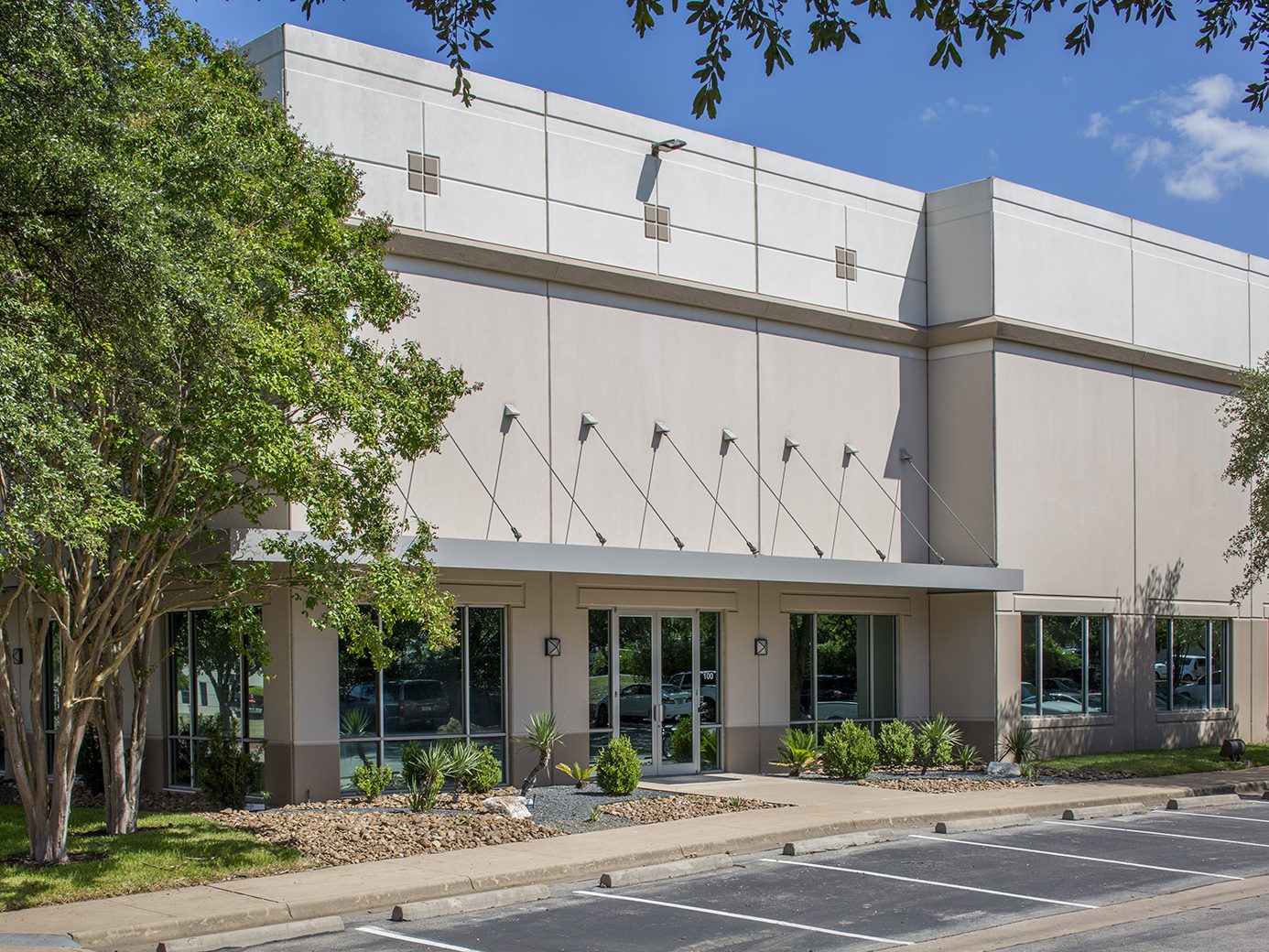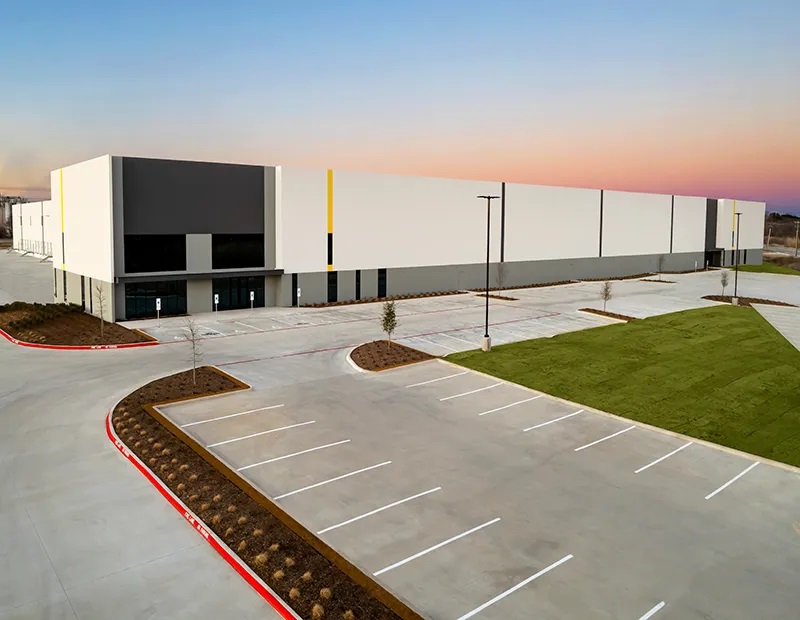Private Investors to Face Transitional Year
By Scott Crowe, Chief Investment Strategist & Portfolio Manager, CenterSquare: As we move into 2017, private investors are getting powerful signals from the REIT market regarding their prospects in the year ahead.
By Scott Crowe, Chief Investment Strategist & Portfolio Manager, CenterSquare
 As we enter 2017, the REIT market is giving powerful signals to private investors regarding their prospects for the year ahead. The large discount to NAV in the REIT sector implies that 2017 will be a transitional year for the private real estate market. We will shift away from declining cap rates driven by low interest rates and NOI growth supported by undersupply. U.S. real estate markets will instead see higher interest rates and supply-diminished NOI growth, with the delivery of the first meaningful supply response since the Global Financial Crisis. Further, a unique feature of the supply added during this cycle is its concentration in gateway markets. REITs with a gateway focus in 2016 saw diminished returns relative to those of their low-barrier market peers, especially in the apartment sector, implying decelerating returns for private-market gateway investors. In addition, certain sectors face structural challenges, such as the negative impact of technology on retail and hospitality, and the effect of spending reform on healthcare. For instance, the implied cap rate of high-quality mall companies has moved out significantly in recent quarters, to about 5.5 percent as of December 2016, according to CenterSquare, which is materially above where most private market participants would peg yield.
As we enter 2017, the REIT market is giving powerful signals to private investors regarding their prospects for the year ahead. The large discount to NAV in the REIT sector implies that 2017 will be a transitional year for the private real estate market. We will shift away from declining cap rates driven by low interest rates and NOI growth supported by undersupply. U.S. real estate markets will instead see higher interest rates and supply-diminished NOI growth, with the delivery of the first meaningful supply response since the Global Financial Crisis. Further, a unique feature of the supply added during this cycle is its concentration in gateway markets. REITs with a gateway focus in 2016 saw diminished returns relative to those of their low-barrier market peers, especially in the apartment sector, implying decelerating returns for private-market gateway investors. In addition, certain sectors face structural challenges, such as the negative impact of technology on retail and hospitality, and the effect of spending reform on healthcare. For instance, the implied cap rate of high-quality mall companies has moved out significantly in recent quarters, to about 5.5 percent as of December 2016, according to CenterSquare, which is materially above where most private market participants would peg yield.
Moderate supply, higher interest rates and some structural challenges should also lead to a reduction in real estate value growth from the double digits we have witnessed post-Crisis to the mid-single digits in 2017. With REITs having already discounted the reasons for these moderate underlying property returns, we believe the sector is a compelling alternative for private real estate investors in 2017. We believe the REIT market is undervalued, and do not interpret the current NAV discounts as a sign of a future significant increase in capitalization rates for commercial real estate assets. Cap rates still enjoy a cushion offered by the significant risk premium to bonds and the benefit of declining credit spreads as the economy improves.
As we enter what we believe is the second half of the real estate cycle, we think that the best returns for REIT investors will be found in those sectors with exposure to cyclicality, shorter lease durations, and development on the asset side of the balance sheet and longer-term fixed debt on the liability side. From a REIT property sector standpoint, taking into account both fundamentals and valuation, our outlook favors office, hotels, data centers and single-family rentals. Health care, retail and net lease will likely face structural headwinds and also pressure from rising bond yields due to longer-term leases.
Between now and the inevitable end of the cycle, we do see eventually higher future real estate values, but as we move into 2017 we believe REITs provide the benefit of a discounted entry point with the potential for returns in excess of a moderating position in the private real estate cycle.







You must be logged in to post a comment.